If you own a business and have a dedicated area of your home you use as an office, you are eligible for tax deductions.
But how can you maximize deductions without crossing IRS boundaries?
Fortunately, there are several home office tax strategies to help you maximize your write-off while staying in good graces with the IRS.
What Qualifies as a Home Office for Tax Purposes?
Regular and Exclusive Use
You must use a specific part of your home exclusively for business. If your “office” doubles as your living room or guest room, it will not qualify. That is, unless personal use is de minimis (minimal and incidental, like walking through the space to reach a different part of your home).
For example, even a fold-out desk or a converted corner could work, provided it’s a portion of your home dedicated solely to your business.
Principal Place of Business
Your home office must be your primary location for administrative or management tasks, even if you meet clients elsewhere.
Thanks to the 1997 Taxpayer Relief Act, as long as you perform substantial business-related activities at home, you’re good to go.
How Does the IRS Calculate S Corp Home Office Deductions?
As of 2022 when the ruling was last updated, the following home office limits apply:
Simplified Method:
- Deduct $5 per square foot of your home office, up to 300 square feet.
- Maximum deduction: $1,500/year.
The simplified method is ideal for smaller home office tax deductions, or those who want to avoid complex record-keeping.
Regular Method:
- Deduct a percentage of your home expenses (e.g., mortgage interest, utilities, insurance) based on the square footage of your office.
The regular method is best for larger home offices or high-value homes. However, it requires more meticulous documentation.
Learn more about the regular method, and the new home office mortgage deduction.
Can I Claim a Home Office if I Work Part-Time from Home?
Yes, but only if you meet the regular and exclusive use test. Even if you work part-time from home, your space must be used exclusively for business.
Whether you’re running a side hustle or freelancing, your home office may still qualify as your principal place of business if you conduct substantial administrative or management activities there.
What Expenses are Eligible for the Home Office Deduction 2025?
Claiming the home office deduction allows you to deduct a variety of business expenses, including:
- Utilities: A portion of your electricity, water, and internet bills.
- Rent or Mortgage Interest: Based on the percentage of your home used for business.
- Insurance: Homeowner’s or renter’s insurance proportionate to your office space.
- Repairs and Maintenance: Expenses directly related to your home office, like painting or HVAC repairs.
- Depreciation: For homeowners, a portion of your property is depreciation.
Do I Need to Keep Records for My Home Office Deductions?
Accurate recordkeeping is absolutely essential to avoid issues with the IRS. If you plan to make a home office deduction, keep detailed records of:
- Home-related expenses, such as utility bills and repairs.
- Receipts for business equipment and supplies.
- A floor plan showing the square footage of your home office compared to your total home.
- Mileage logs, if claiming vehicle expenses tied to your business.
Remember, keeping proper documentation ensures you maximize your deductions while staying compliant with tax laws.
Why the Home Office Deduction Matters
Claiming this deduction isn’t just about saving on your home expenses—it opens the door to other deductions, including auto mileage.
For instance, if your home office is your principal place of business, every mile you drive for work outside of your home counts as a business expense. This means you could save thousands of dollars every year.
For example, imagine you commute 20 miles daily to your second office, five days a week. By claiming your home office, you convert those miles into deductible business miles. With the 2024 mileage rate of $0.67 per mile, that’s a potential deduction of $3,350 annually!
How Can I leverage my S-Corp Deduction?
If you operate as an S-Corp, you can receive tax-free reimbursement for your home office expenses while deducting them as “rent” on the company’s tax return. Ensure you have an accountable plan in place to document these expenses properly.
Learn more about when you should use an S-Corp, and how to maintain your S-Corporation.
Additional Write-Off Opportunities for S-Corps
Your home office opens doors to more deductions:
- Equipment and Supplies: Computers, printers, paper—anything you need to work.
- Storage: If you use part of your home to store inventory or business materials.
- Auto Mileage: Drives from your home office to other work locations are deductible.
How to Maximize Your Tax Savings
The tax deductions for home office expenses aren’t just a perk—they’re a financial strategy.
By claiming them, you’re lowering your taxable income and increasing your net savings. Plus, having a side hustle can unlock even more opportunities to save.
Home Office Deduction FAQs
Learn the answers to the most asked questions on home office tax deductions below.
What is an S-Corp Home Office Deduction Accountable Plan?
If you are an employee of your own S-Corp, you can set up an accountable plan as another option for dealing with your home office tax deductions.
Under an accountable plan, your business can pay you rent for your home office space.
Reimbursements through accountable plans are not taxable, meaning they come with great money-saving benefits.
What can you Write Off on Taxes with an S-Corp?
As an S-Corporation, you have many options for tax write-offs. Some tax-deductible expenses for S-Corporations include:
- Insurance
- Tax Preparation
- Membership Dues
- Retirement
- Business Meals and Client Entertaining
- Hotels
- Transportation
Can my S-Corp Pay my Mortgage?
In most situations, business holders cannot pay their mortgage using an S-Corp.
Any personal expenses, including mortgage payments, paid by your S Corp are treated as loans, which are not tax-deductible. This means a mortgage does not qualify as a tax-deductible expense.
Can I Write Off My Home Office if I Work Remotely?
If you work remotely as an employee of a company, you cannot write off your home office. Home office tax deductions are only for those who are self-employed.
You can still write off your home office if you are part-time self-employed, provided your home office is only used for your part-time self-employment work.
Can I Claim Artwork for my Home Office?
S-Corp Business owners can claim a deduction of up to $300 for artwork in their home office.
Ready to take charge of your taxes?
Download your FREE Tax Guide now and learn how to maximize every deduction you’re entitled to!
Want to take your tax knowledge to the next level, and build a rewarding, flexible, and lucrative career? Become a certified tax advisor today!










